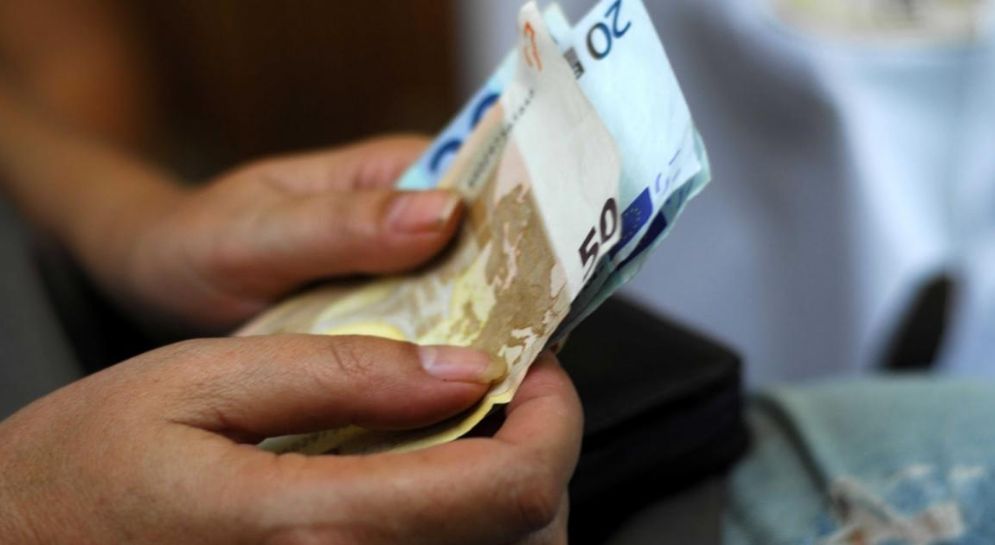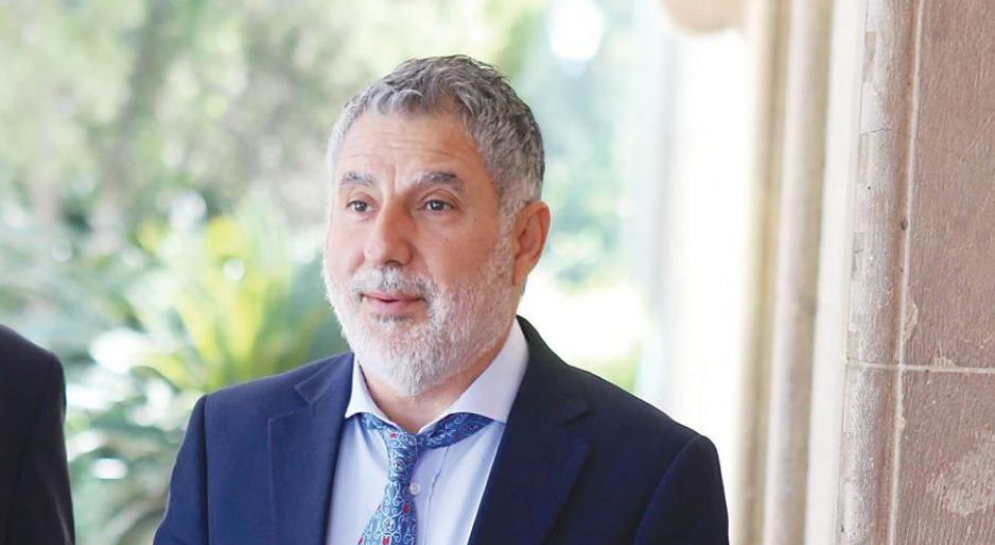
A new developmental model is demanded
General Secretary of AKEL A.Kyprianou Press conference
24th November 2020 at 11:00, AKEL C.C. Press Office, Nicosia
The pandemic has plunged the global economy into an unprecedented economic crisis, which has had enormous economic consequences. The degree and nature of these consequences vary from country to country. It depends on the structural weaknesses of each economy and the policies that were being implemented in each country before the pandemic.
In Cyprus, the developmental model that has characterized the Cyprus economy in recent years, in combination with the extreme neoliberal conservative policies that were imposed during the period of the Memorandum, have irreversibly affected the Cyprus economy’s prospects. The chances of it recovering have been restricted, making the tackling of the pandemic even more difficult.
The country’s developmental model has been led to a dead end. The inability of the Government to elaborate an alternative developmental model throughout the previous period makes the day after the pandemic particularly difficult for households and small and medium-sized businesses. The path of decline being observed in the primary and manufacturing sector, the obsession with a developmental model based mainly on tourism and the ‘golden passports’ industry, and the adoption of an economic approach that favored a “get-rich-quick” policy and the acquisition of short-term profit caused structural weaknesses and distortions, aggravating and deepening economic and social inequalities. The result was that the potential was destroyed for a path of sustainable development, based on increased investment, technological upgrading, boosting exports, improving social infrastructures and adopting a developmental model that respects both the environment and our natural resources. .
Apart from the economic model, also worrying is that households and small and medium-sized businesses are still bearing the brunt of the banking crisis from 2013 to this day. As a result, they were already in a very difficult financial situation before the outbreak of the pandemic. The banking crisis and consequent imposition of austerity measures by the Anastasiades government, within the framework of the Memorandum dictates, established an extreme framework of neoliberal economic policies in Cyprus, which have left signs of economic hardship and inequality to this day.
Unfortunately, the restoration of positive growth rates and the gradual increase of total production have not developed as the result of a comprehensive planning and strategic plan for a reshaping of our developmental model. It was more the result of circumstantial developments, such as the mass growth in tourism over recent years within the context of the general global trend, but also due to the opportunistic policies pursued in order to serve numerous interests, such as, for example, the inflow of capital within the framework of the unbridled industry set up for the sale of golden passports.
The outbreak of the pandemic reflected in the most poignant way the dead-end in which the Anastasiades government with its mistakes and choices has led us to. The inability to act in a timely manner has made the path we have taken unsustainable, as we are now facing an unprecedented economic recession. Forecasts regarding the crisis of the Cyprus economy cannot be optimistic as long as the philosophy of the government’s economic policy remains unchanged, mainly due to the economy’s high dependence on the tourism sector. Revenues from tourism in 2020 are not expected to exceed 15% compared to 2019. For the period January-August they are estimated at € 235 million compared to € 1.85 billion in the corresponding period of 2019, recording a decrease of 87.3%.
Despite the different picture portrayed by the Government during the early stages of the pandemic, developments in the tourism industry have refuted it in the most tragic way for society and working people. The Government has been pursuing a “wait and see” policy all the previous period, cultivating illusions and mistaken expectations among the Cypriot people. It is characteristic that today all the Cyprus economy’s main sources of growth are under pressure and the need to formulate a comprehensive alternative economic strategy on a different basis has become imperative.
The day after must signal a very clear orientation. The implementation of a new economic plan is demanded in order to deal with the financial crisis that is confronted with the following problems:
- Growing economic and social inequalities.
- The problematic situation of the banking sector and the huge burden households and businesses are facing because of Non-Performing Loans (NPL’s).
- Poor technological adaptation and reduced spending in areas such as research, innovation and the digital upgrading of both the public sector, as well as of businesses.
- Addressing the concentration of Gross Domestic Product (GDP) in specific sectors, tackling the declining trend of the primary sector and the small percentage of the manufacturing sector’s contribution to it.
- The lack of infrastructures in the field of social welfare and the need to elaborate an overall policy on social welfare and a comprehensive housing policy.
- Big balance of payments deficits.
- Significant falling behind noted in environmental protection indicators.
The pandemic, as in Europe and internationally, but in Cyprus too, has brought to the surface contradictions and deadlocks of the policies that have been implemented all through the previous period. Without a radical change in economic policy and the elaboration of a new model of economic growth, there is a danger that we will again face economic stagnation, rising unemployment and pressures for cuts to be imposed in wages/salaries and social benefits. There is also a risk of the further escalation of the negative effects on the environment and the climate crisis. For AKEL, this political orientation is not an option.
The new economic developmental framework needs to seek:
- Institutional changes at both state and local government levels in order to strengthen the sense of equality, transparency and good governance.
- Creating a knowledge-based economy by boosting investment in research, innovation and technology.
- Digital transformation of the State and businesses in order to improve the economy’s productivity.
- Strengthening the primary sector and developing the agricultural economy in order to support farmers.
- Expansion of the economy’s productive potential with the formulation of a new modern industrial policy aiming at the elimination of the structural weaknesses and modernization of the Cypriot manufacturing sector.
- Reform of the tax system with the aim of ensuring a fairer distribution of the tax burden through the taxation of wealth, the adoption of incentives for sustainable growth and the effective stamping out of tax evasion and corruption.
- Strengthen the cooperative economy and public organizations where it is deemed useful and necessary.
- Decisive emphasis on issues of environmental protection and climate crisis with a strong focus on renewable energy sources.




